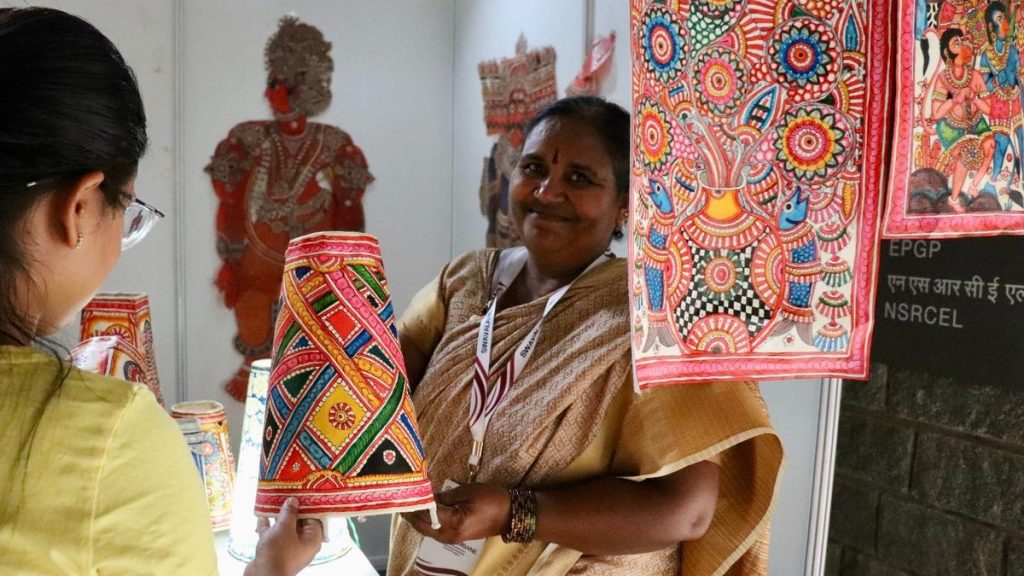Context: The Ministry of Skill Development and Entrepreneurship (MSDE), in collaboration with NITI Aayog, launched the Swavalambini Women Entrepreneurship Programme in Assam, Meghalaya, and Mizoram.
- This program aims to empower female students in higher education institutions (HEIs) in the Northeast by providing entrepreneurial training, resources, and mentorship.
- Key features of the program:
- Entrepreneurship Awareness Program (EAP): A 2-day session introducing 600 female students to entrepreneurship.
- Women Entrepreneurship Development Programme (EDP): A 40-hour training for 300 selected students, covering business skills, access to finance, and networking.
- Mentorship: Six months of support to help participants develop sustainable businesses.
- Upskilling: The program also offers a Faculty Development Program (FDP) to upskill educators, ensuring effective mentorship for students.
- The program will recognize successful women entrepreneurs through the Award to Rewards Initiative, inspiring future business leaders.
- It will provide guidance and financial support to young women in North-Eastern states, helping them turn their ideas into scalable businesses and unlock their entrepreneurial potential.
- The program also aligns with India’s National Education Policy (NEP) to integrate skills and industry collaboration into the curriculum.
- This program will also utilize workshops, mentoring support, and seed funding to create sustainable women-led enterprises.
- The initiative reflects the government’s commitment to fostering women-led enterprises, with goals to support at least 10% of EDP trainees in launching successful businesses.
About National Education Policy
- NEP 2020 is India’s first education policy of the 21st century, replacing the National Policy on Education (NPE) 1986.
- A committee Chaired by Dr. K. Kasturirangan was formed by the Ministry of Education to draft the policy.
- The policy introduces reforms in school, higher, and technical education to meet the demands of the 21st century.
- Five foundational pillars of NEP 2020: Access, Equity, Quality, Affordability, and Accountability aligned with the 2030 Agenda for Sustainable Development.
- Aims to transform India into a vibrant knowledge society and global superpower by making education holistic, flexible, and multidisciplinary, while focusing on bringing out the unique capabilities of each student.

